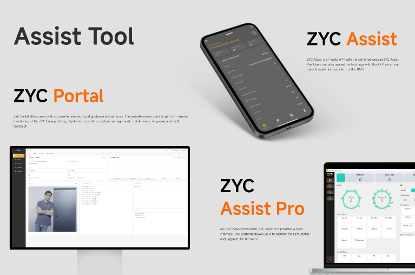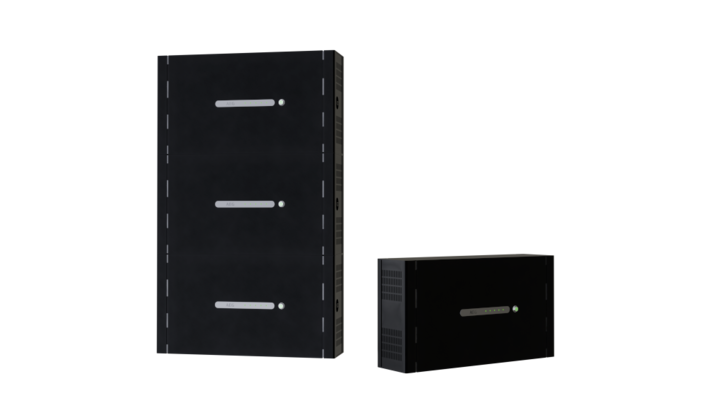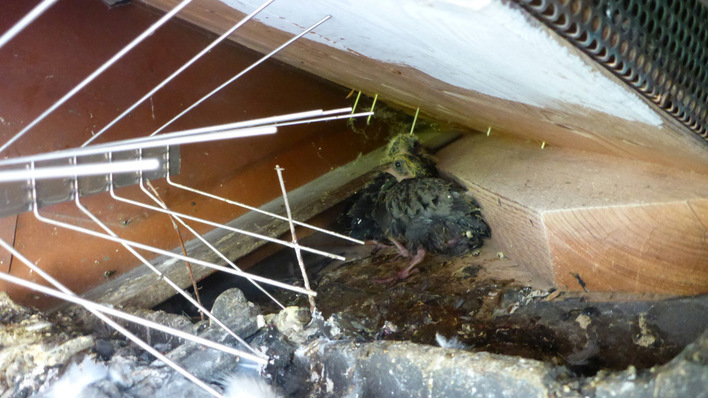Extreme hail events affect solar modules in a very similar way to solar thermal systems, roof windows, car windows or greenhouses. The first thing the system owner should do is to restore the system to an operationally safe condition. The owner may have to switch off the photovoltaic system to do this. Then the owner must take care of the building and close any holes in the roof. That helps to keep damage to the insulation and interior fittings to a minimum. Afterwards, the damage should be documented and reported to the insurance company and the solar installer.
If the module is broken, interruptions or short circuits can occur in damp weather. These can then cause the inverter to shut the system down. If the sun dries the module again and the hailstorm has not severed the cell connectors in the module, it will work again. The output of the module does not have to collapse as a result. Another alternative is to bridge the module. Often, a module string can continue to generate, which alleviates some of the time pressure regarding the repair.
Insured at replacement value
If, for example, modules of a photovoltaic system are damaged by broken glass, the insurance usually covers the replacement value. This is the amount necessary to replace the system with the same type and quality in as-new condition or the amount to manufacture it new - whichever is lower. In addition to the material costs, the costs for dismantling are of course also covered.
If the system is co-insured in the building insurance, the coverage would be given. However, the system operator should clarify the co-insurance before the damage, because automatic co-insurance is not always given. Important: The building insurer must be notified of any increase in the value of the building due to the installed system.
Also interesting: PV plant in extreme environment with high performance rate
But beware: If the operator insures the system through the building insurance, he has no protection for a loss of income, i.e. the feed-in tariff would not be replaced during this time. He only has protection against the risks of fire, mains water, storm and hail. Therefore, a special insurance, a so-called all-risk insurance, is advisable. (nhp/mfo)







